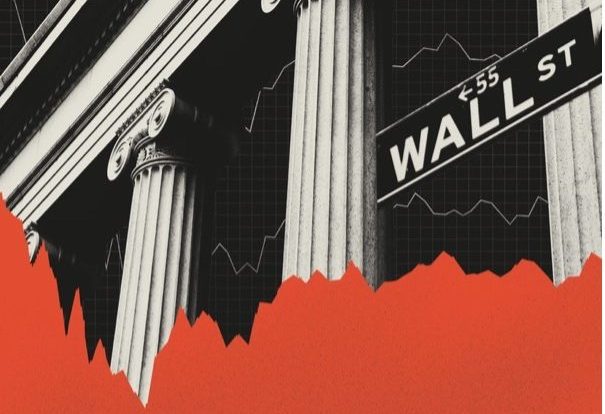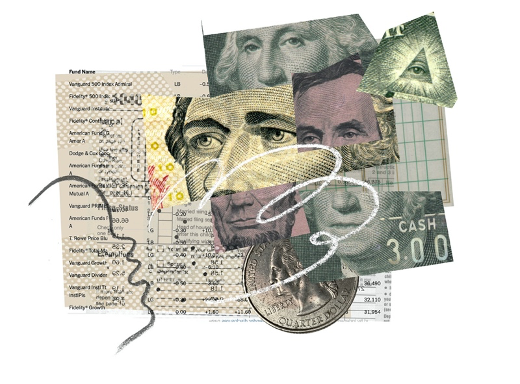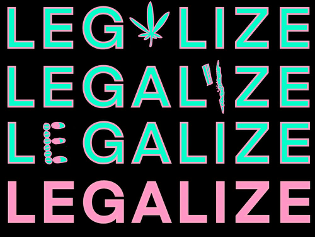
Scott Davidson weighs in on the need to regulate for-profit schools.

Lauren Bowman discusses strategies for reducing domestic food waste.

Professor Cynthia Farina discusses how Cornell’s e-Rulemaking Initiative’s “Regulation Room” helps government get better public participation in writing new regulations


